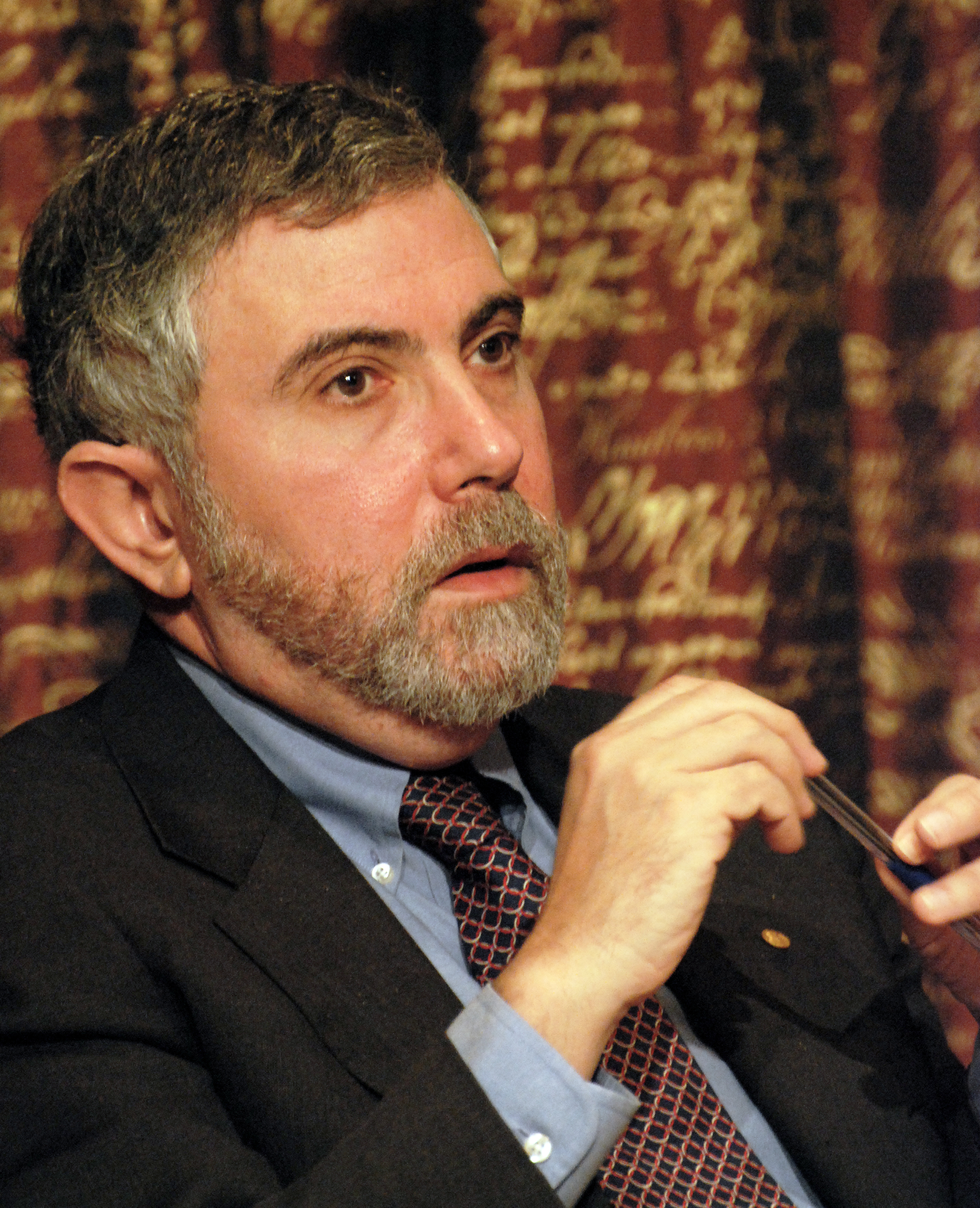The French, unfortunately, actually believe what they say, and that has been very destructive.

"Paul Robin Krugman" is an American economist, Professor of Economics and International Affairs at the Woodrow Wilson School of Public and International Affairs at Princeton University, Centenary Professor at the London School of Economics, Distinguished Scholar at the Luxembourg Income Study Center at the The Graduate Center, CUNY/CUNY Graduate Center, and an op-ed columnist for The New York Times. In 2008, Krugman won the Nobel Memorial Prize in Economic Sciences for his contributions to New Trade Theory and economic geography/New Economic Geography. According to the prize Committee, the prize was given for Krugman's work explaining the patterns of international trade and the geographic concentration of wealth, by examining the effects of Economy of scale/economies of scale and of consumer preferences for diverse goods and services.
Krugman is known in academia for his work on international economics (including trade theory, economic geography, and international finance), liquidity traps, and currency crises. Krugman is ranked among the most influential economic thinkers in the US.
If you enjoy these quotes, be sure to check out other famous journalists! More Paul Krugman on Wikipedia.The fundamental fact of American politics - and I've sharpened my view on this since last year and the hardcover edition of the book - is that we've got an alliance between the religious right and the accumulators of great wealth. Those are the people who are running things.
There's not a hint in his work of support for the right-wing supply-side doctrine.
The fact that we're here celebrating Social Security shows some politicians' promises are worth more than others. Social Security as it is currently constituted is very efficient. We're talking about a system that really works quite well.
There was from the advanced countries, and the United States in particular, a very strong moralistic streak. They lectured [Asian] countries on their almost moral failings.
Unsustainable situations usually go on longer than most economists think possible. But they always end, and when they do, it's often painful.
The United States in particular and the West in general should be feeling a little embarrassed about all that lecturing we did to the Third World.
The great thing about Greenspan.
Those tax cuts, rather than the spending binge, are the primary cause of the (federal) deficit.
Copyright © 2024 Electric Goat Media. All Rights Reserved.